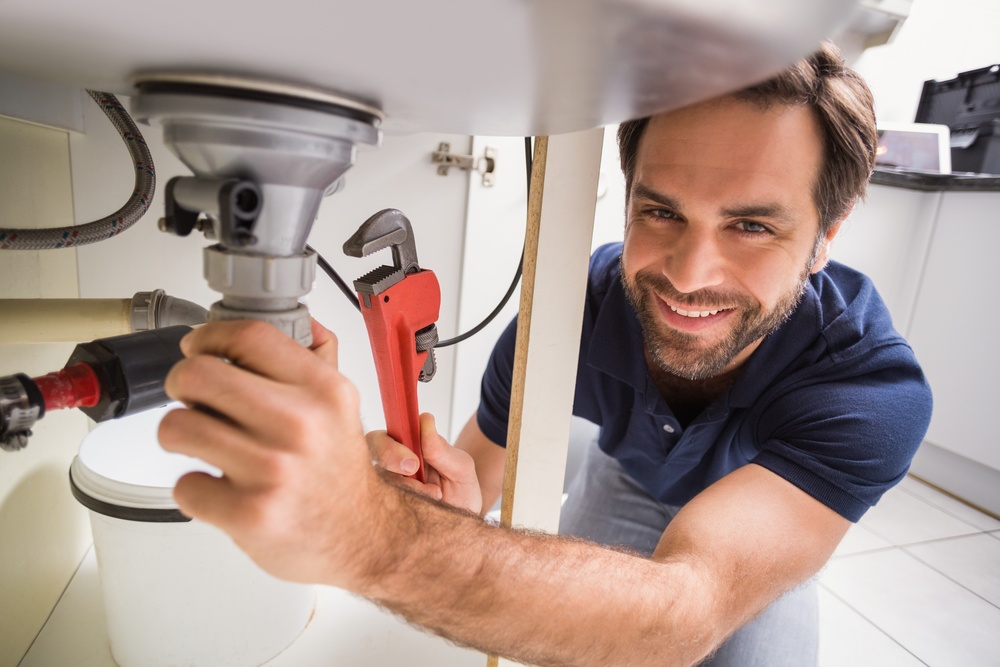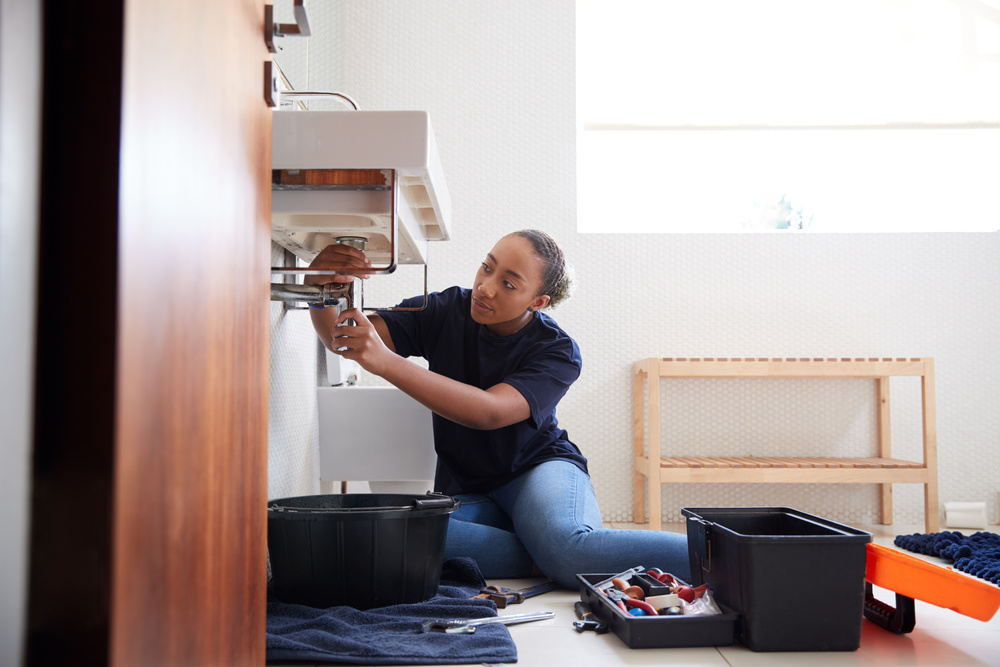One way of keeping your house in order is by ensuring your drains are functioning properly. A clogged drain is a nuisance that can result in an unpleasant smell and costly repairs if not attended to urgently. Thus, drain problems, such as leakages or noisy drains, should be taken care of immediately you notice them.
The good news is that you can prevent your drains from clogging using simple tricks, including everyday household items. Here’s a list of things to do that ensure your drains are clog-free:
- Schedule Regular Maintenance
Routine maintenance is a sure way to avoid clogging your drains. Hiring a professional plumber to check your drains regularly is essential. The plumber can use their expertise to check your pipes and detect potential trouble with blocked drains before the problem gets out of hand.
They’ll advise you on how frequently they’ll be carrying out maintenance activities, depending on your home’s size and the intricacy of your plumbing system. A more complex network with several sinks, toilets, and manholes will demand more frequent checks than a system with only a few drains.

- Use Hydro Jetting
You can also use hydro jetting to prevent clogging your drains. It takes care of grease, debris, and sediment stuck on your drainage pipes. Since your plumbing system is built underground, roots and soil sediments may find their way into it. If they stay stuck on your pipes, they facilitate the clogging process.
Hydro jetting involves running a high-powered hose through your drainage system. Water from the hose has enough force to wash away even the toughest buildup from your pipes.
- Invest In Drain Guards
Most of the buildup that clogs your drains comes from the sink. It includes hair, food particles, or other tiny objects, such as your ring, that can be washed down your drain. Buying drain guards for your sinks come in handy.
They come in different sizes and shapes to fit various sinks. They’re effective in trapping items that can cause clogging in your drain. Since the drain protectors are relatively affordable, it’d help if you bought one for every sink in your house.
- Flush Your Drains With Hot Water
Your cooking oil forms little globs that can wash down your drain when you clean the dishes. Additionally, body scum can also clog your pipes. Luckily, you can take care of the grease and scum by flushing hot steaming water down the drain.
You can add dishwashing soap to the hot water to do a thorough job. The water breaks down the grease and oil, preventing clogs in your drainage pipes. You should do this twice every week to reduce the buildup. Pour the water slowly to melt away all the grease and fats collected in the pipes.
- Use Bacterial Drain Cleaner
Pouring some bacterial drain cleaner is another strategic way to clean the drains. The beauty of bacterial cleaners is that they’re biodegradable. As such, they’ll not corrode your pipes as they absorb the fats and grease stuck in your drainage.
After using the bacterial drain cleaner, rinse your drainage system with hot water. While at it, you can do some plunging or snaking, wherein you use a flexible auger to dislodge plumbing system clogs. This way, it washes down everything leaving your drainage system sparkling clean. Besides, you don’t have to do this regularly. Once a month works perfectly.
- Install A Lint Catcher
Washing machine drain blockage is among the worst causes of clogging. In a worst-case scenario, this kind of blockage can lead to a backup. Remember, backup drainage issues require professional plumbing services. Washing machine drainage blockages are caused by lint and stray pieces from clothing. For instance, your button might come out during squeezing. After rinsing and draining the water, they may get washed down your drains.
Another cause of this kind of blockage is lint from clothes. If all these are washed down your drain, they might clog and block it. Thus, it’s essential to install a lint catcher. It helps capture every object before it can get into your drainage system. After every wash, you should clean the trap. This way, it becomes useful in the next wash.
- Check What Goes Into The Sink
You should mind what goes down your drain. For this reason, it’s essential to sort your utensils before washing them. Remove any food particles and bones before washing your utensils. This way, all the objects that could facilitate clogging don’t wash down your drain.
Alternatively, you can use a strainer when cleaning any large items in your sinks. It helps prevent the risk of getting them into your drainage system. The food scraps might not seem harmful, but you’ll feel the impact when they get into your drains. To avoid that, ensure you scrap any food that remains in a dustbin rather than washing it down your drains.

Conclusion
Now you know all it takes to keep your drains clog-free. The last thing you’d want to have on your plate is drainage-related issues. Therefore, salvage the situation before it’s too late. Some simple tasks, such as pouring hot water down your drains, save the day. Most importantly, ensure your plumber regularly checks the plumbing system for maintenance. This way, they can address any situation before it gets out of hand.





